It’s no secret that the Biden administration has made a mess of things — and it’s not just Joe. Kamala can’t get a coherent sentence out of her mouth and has done precisely nothing about the border crisis. Pete Buttigieg is apparently unbothered by continuing supply chain issues, and it seems that no one at the FDA is worried about babies being able to eat since it’s still difficult to find baby formula on store shelves (I know; I checked last night). In the midst of this chaos, while all of us have been focused on just getting by, Consumer Finance Protection Bureau (CFPB) Director Rohit Chopra has been busy installing allies in various regulatory agencies and working to massively expand the size and reach of the federal government — and his own power base — essentially in the shadows.
He’s being driven out of the shadows now, partly thanks to the US Chamber of Commerce, which “launched an extensive campaign to expose and defeat Consumer Finance Protection Bureau (CFPB) Director Rohit Chopra’s ideologically driven agenda to radically change the nature of America’s financial services industry” on June 28. In a press release, the Chamber alleges that “If [Chopra is] allowed to proceed, his agenda would harm consumer choice and innovation.”
Elizabeth Warren and her lefty colleagues have been working on radically changing the nature of our financial services industry for years, and while the Chamber and business groups have repeatedly sounded the alarm, this campaign is definitely taking it to the next level. What makes Chopra and his actions any different from what we’ve already seen? According to the Chamber:
In various speeches, Director Chopra has outlined extreme and inaccurate views around the state of our financial system regulations. He has:
- Described “repeat offenses” as “par for the course for many dominant firms.”
- Stated that financial regulators were “…clueless and often corrupt lawyers and economists…often seen as auditioning for a future job…”
- Coined the term “junk fees” as “exploitive income streams” in a heavy-handed attempt to vilify legal products that have well-disclosed terms.
The Chamber’s campaign is specifically objecting to several unlawful actions including Chopra’s intentions to change rules without accountability, injecting great uncertainty into the market therefore causing financial companies to limit the types of mortgages, car loans, and personal credit they can offer consumers. Chopra has also proposed outright bans on certain products and has stated his intention to restructure the industry, ultimately hurting consumers by limiting choice and diminishing competition.
Neil Bradley, executive vice president and chief policy officer at the U.S. Chamber of Commerce, said in a public statement that Chopra is imposing his personal vision and is acting beyond the scope of his power:
“Rohit Chopra has an outsized view of the CFPB’s role and the Director’s power. By willfully mischaracterizing the state of competition in the market Chopra is laying the groundwork to force the financial services sector to comport with his personal vision of the appropriate size of companies and what products and services should be offered and under what conditions. No previous CFPB Director has thought they had such power.”
Chopra is also trying to get other federal government agencies to copycat CFPB with regard to “consumer protection” enforcement and trying to get states to replicate CFPB’s “consumer protection” enforcement efforts. In late May, the CFPB announced the establishment of the Office of Competition and Innovation, through which they’re starting to regulate and enforce competition/antitrust matters — which is really the FTC’s lane, but it enables Chopra to advance a policy and narrative that Biden and people like Sen. Amy Klobuchar are pushing — that the solution for the country’s out-of-control inflation is to ramp up antitrust/competition enforcement and expand its scope.
The theory’s clearly not in line with any type of economic reality and will only do further harm, and even liberal economists are sounding the warning. In May, Former Treasury Secretary Larry Summers, who believes in general that antitrust enforcement should be stronger, issued a warning that federal regulators were basing antitrust policy on hostile feelings toward business in general and not facts or economic science, telling Bloomberg:
“It’s very important that we have antitrust policy based on facts, based on economic science, based on consumers — not on a kind of generalized feeling of hostility and outrage towards business. I’m frankly worried about that.
“What is badly misguided and potentially dangerous to our economic future is the set of doctrines that people jokingly refer to as ‘hipster antitrust” ….“That’s a theory that says antitrust shouldn’t be about maximizing benefits to consumers” but about other, abstract objectives, he said. “That tilts very easily into a kind of dangerous populism.”
Summers followed up with a tweet thread warning that such policies can “easily be inflationary.”
The statements on policy coming from @FTC & @TheJusticeDept better reflect legal doctrines of the 1960s than economic understandings of the last two decades. An Administration that prides itself on factual analysis and “looking at the science” is taking a non analytic approach.
— Lawrence H. Summers (@LHSummers) May 23, 2022
There are real risks. Policies that attack bigness can easily be inflationary if they prevent the exploitation of economies of scale or limit superstar firms. Likewise, policy focused on protecting competitors or communities or limiting layoffs are likely to raise costs & prices
— Lawrence H. Summers (@LHSummers) May 23, 2022
And Catherine Rampell, a Washington Post columnist, termed it a conspiracy theory:
A conspiracy theory has been infecting the Democratic Party, its progressive base, even the White House. It’s not quite as self-sabotaging as the horse-dewormer-cures-covid false theory that swept up many Republicans last year, but it’s pretty damaging nonetheless.
Call it “Greedflation.”
The theory goes something like this: The reason prices are up so much is that companies have gotten “greedy” and are conspiring to “pad their profits,” “profiteer” and “price-gouge.” No one has managed to define “profiteering” and “price-gouging” more specifically than “raising prices more than I’d like.”
Unfortunately, these warnings from Summers are likely to encourage Chopra in his current course, or even to ramp up his efforts. Chopra has a severe disdain for Summers, who was president of Harvard University when Chopra was an undergraduate and president of the Undergraduate Council. In an interview with the Harvard Crimson, Chopra was asked how the themes of Indian independence and the legacy of European colonialism would play into his campaign and alluded to Larry Summers as Winston Churchill:
“Well, I mean Larry S. is much like Winston Churchill was when it came to India. [Like Gandhi] I want to be the guy who stands up for the little guy [against the fat white guy]. Gandhi gave a slap in the face to Churchill, so maybe we’ll show Larry a thing or two as well. I don’t meditate though.”
During a debate during the same campaign, Chopra referred to Summers as a “low-level bureaucrat,” and at the end of his term mocked Summers for mispronouncing his name during a congratulatory call, even mimicking Summers. During the final meeting of his tenure,
While Chopra described his working relationship with Summers as “a spirited set of disagreements” in a 2022 American Prospect piece, one colleague at the Undergraduate Council praised him for “being brave enough to tell Larry Summers, ‘This is not the right thing,’ [and] ‘to shove it.’”
Perhaps one reason Chopra was so antagonistic toward Summers was because even at that time, in 2003, he was already to the far left politically, earning the endorsement of Harvard’s Bisexual, Gay, Lesbian, Transgender and Supporters’ Alliance — even though one of his rivals was co-president of the group — and a split endorsement from the Environmental Action Committee.
In a Wall Street Journal profile Chopra is described as someone who “embraces rhetoric and tactics some other bureaucrats view as out of bounds,” and one industry observer quoted in a recent Fox Business piece described him as “more aggressive than his predecessors and eager to “do something that puts him in the news every couple of days.” Combined with his far left politics, his inability to keep his personal feelings and politics out of his job, and his persisting desire to give a “slap in the face” to “the…white guy,” as a means of standing up for the little guy, the US Chamber is right to shine a spotlight on what Chopra’s doing, and we should all pay attention.
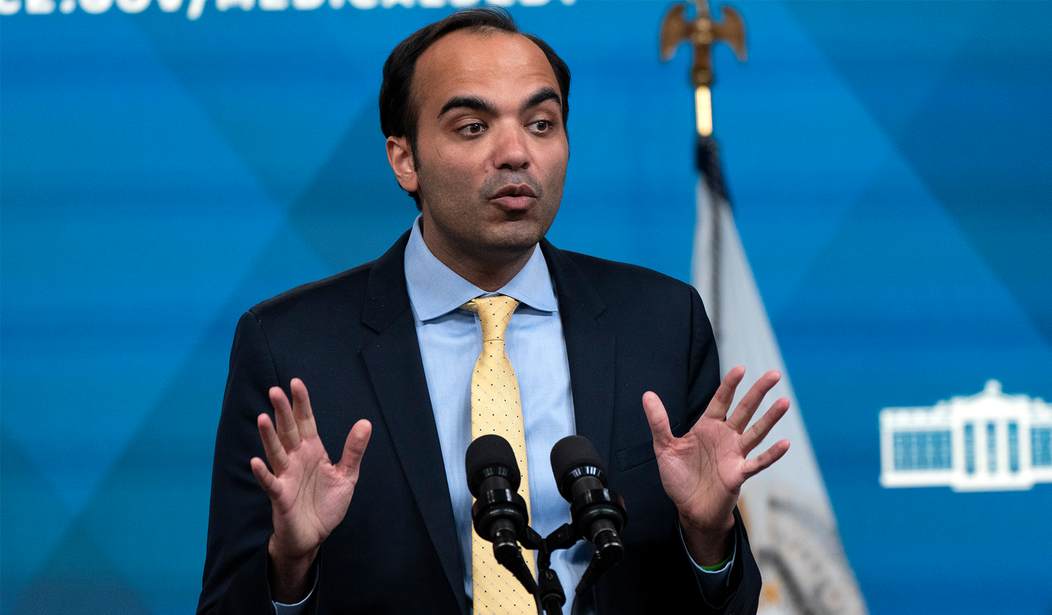

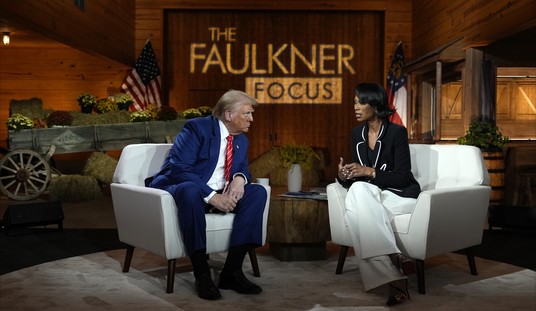
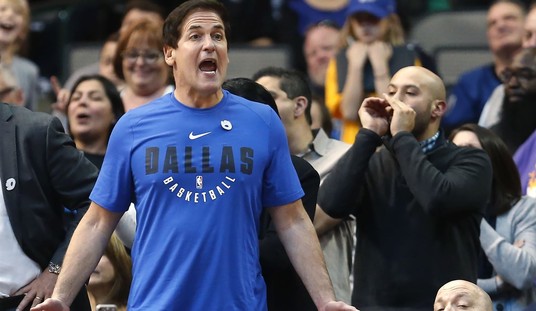
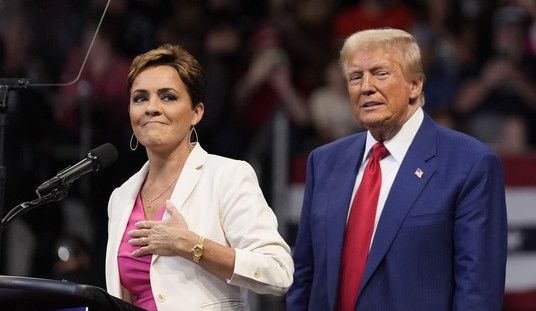
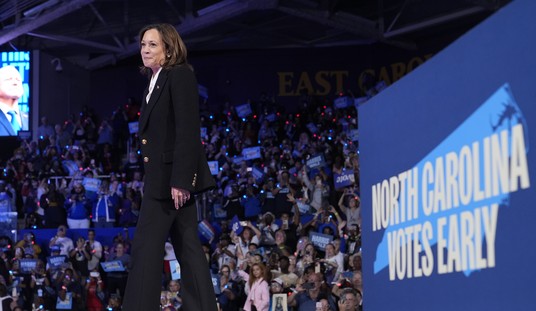
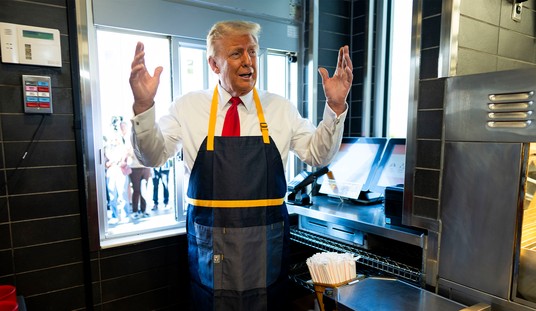
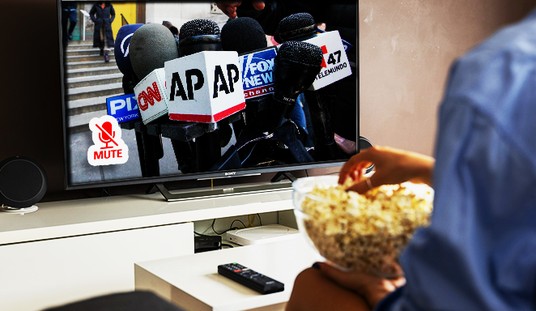



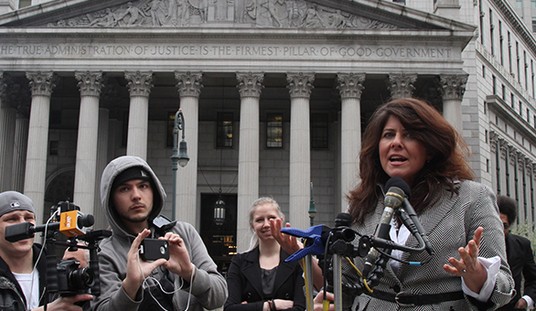
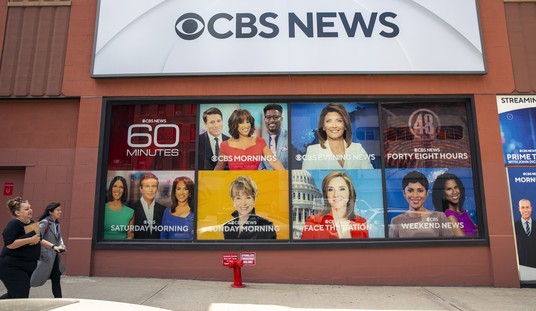
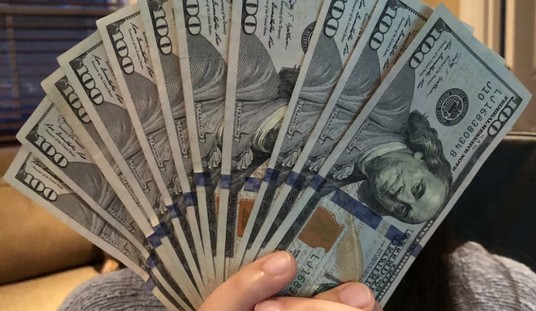

Join the conversation as a VIP Member